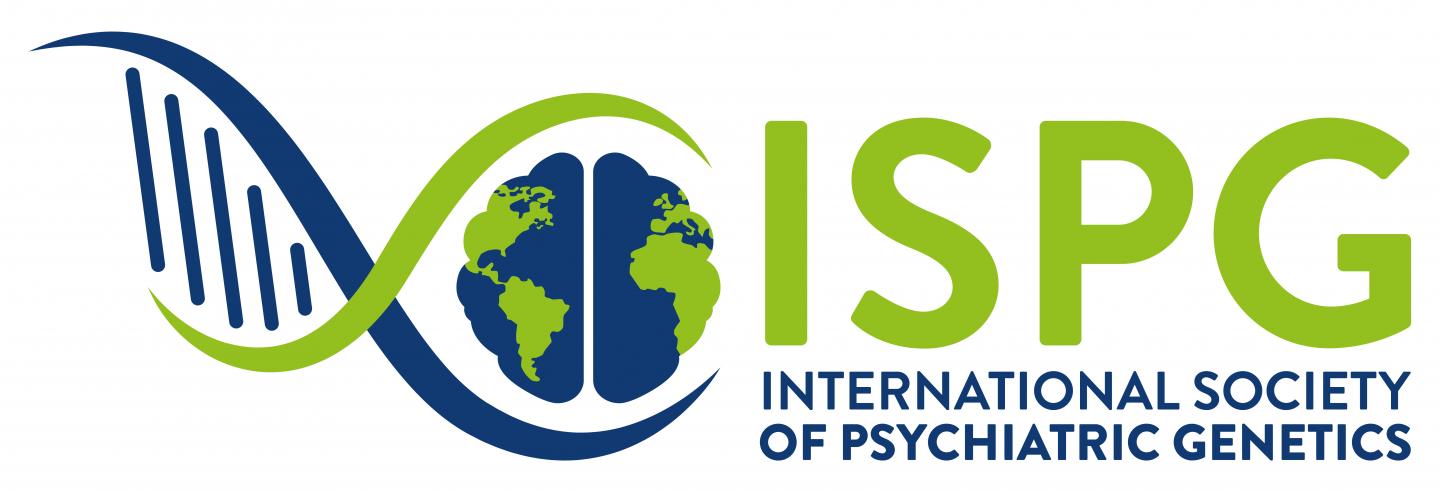International Society Issues Statement

Credit: ISPG
An expert committee of psychiatrists and geneticists has issued revised guidelines for the use of genetic testing in psychiatric care. The new guidelines, which represent the first complete revision since 2014, address several controversial questions, including the use of genetic testing to guide treatment decisions (pharmacogenetics), diagnosis of mental disorders with powerful new molecular genetic technologies, and the special ethical challenges posed by genetic testing in psychiatric patients. The guidelines are written especially for non-specialist health care providers who may find the growing menu of clinical genetic tests confusing and difficult to evaluate, while facing a spike in genetic testing requests by patients and their families.
The committee, an official body within the International Society of Psychiatric Genetics (ISPG), issued its first guidelines in 2013. Co-chaired by genetics researcher and psychiatrist Dr. Francis J. McMahon and medical geneticist Dr. Franziska Degenhardt, the committee includes over 50 international experts from the fields of precision medicine, pharmacogenomics, psychiatry, neurodevelopment, and medical genetics. Contributors reviewed the most up-to-date scientific evidence and debated a number of controversial points for months in an attempt to reach consensus on key issues.
Dr. Thomas G. Schulze, professor of psychiatry at the University of Munich and President of the ISPG called the statement a demonstration of ISPG’s “commitment to provide meaningful guidance to health care providers who urgently need it to treat their patients in the best possible ways.” He also cautioned that while “psychiatric genetics has made major progress over the last decade and we can start using the knowledge gained for the benefit of our patients, we should not succumb to overly optimistic claims. That’s the main message of this statement.”
The current guidelines are the first to be issued since the advent of widespread chromosomal testing for autism and other neurodevelopment disorders. The guidelines also address emerging issues raised by growing interest in direct-to-consumer tests, which do not require a doctor’s order, and by aggressive marketing of commercial genetic testing panels that purport to help doctors select safer and more effective medicines for psychiatric patients.
For the first time, the committee failed to reach consensus on some key questions. Although genetic testing for small chromosomal deletions and duplications – known as copy number variants or CNVs — is now widely used in children with autism and other neurodevelopmental disorders, committee members could not agree on CNV testing in most adults with mental illness. Some have argued that identification of particular CNVs in adults with major mental illnesses such as schizophrenia may help patients and their families better understand and accept a psychiatric diagnosis. If such a CNV is found in a family, those who carry it face a substantially greater risk of both mental illness and, in some cases, medical problems. On the other hand, these CNVs are very uncommon in adults with mental illness and do not as yet change the way psychiatrists treat patients.
The committee also failed to reach consensus on the widespread use of genetic tests designed to help doctors choose the safest and most effective medications for treating mental illnesses. Such tests have been aggressively marketed to both doctors and patients in recent years, even though evidence in support of better treatment outcomes has been inconclusive. The committee did agree that some specific pharmacogenetic tests should be used when doctors are considering prescribing drugs such as carbamazepine, since those tests have been proven to identify people at substantially increased risk for rare but serious side effects.
“The fact that the committee could not reach consensus on every aspect,” noted Schulze, “speaks to the complexity of the issues.”
Not everything was controversial. The committee recommended that genome-wide testing should be accompanied by professional counseling and a warning that unexpected findings may arise with implications for long-term health (such as cancer). Committee members also agreed that direct-to-consumer testing provided no health benefits to psychiatric patients, that genetic test results must be safeguarded against unauthorized disclosure, that there was a need for more genetic education of mental health professionals and the general public, and that more research was needed to identify relevant genes and clarify the proper role of genetic testing in psychiatric care.
The guidelines are posted on the ISPG website at: https:/
###
Media Contact
Elizabeth Mobley
[email protected]
Original Source
https:/




